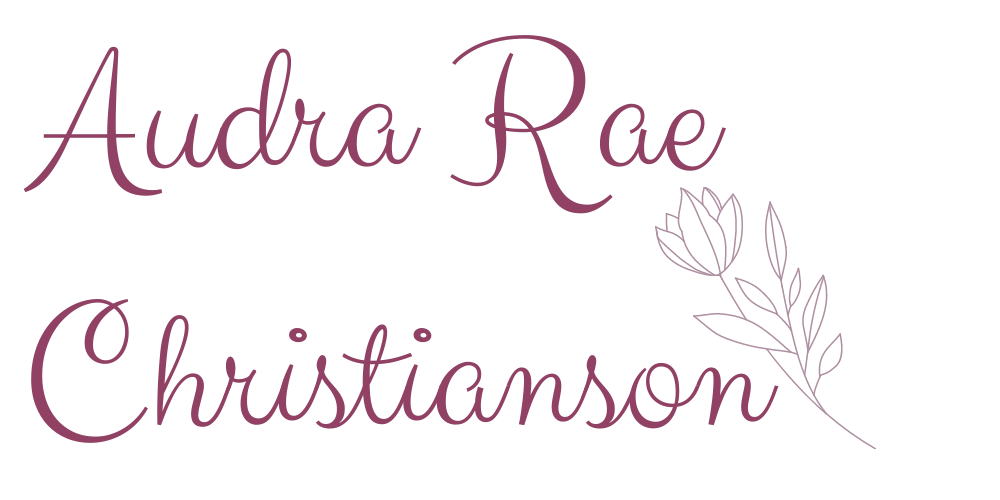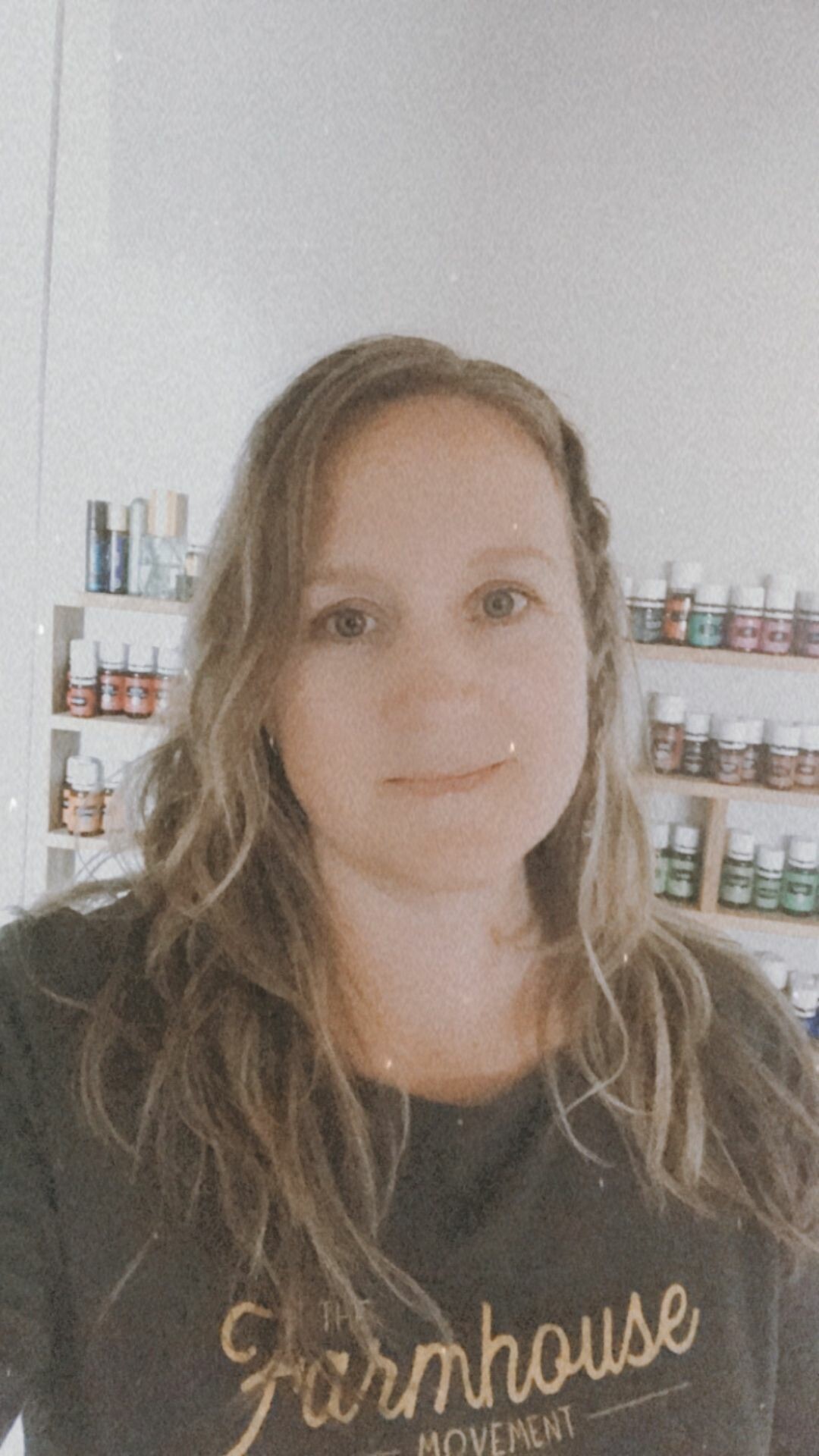
The Dirt on Spring Cleaning + Products
WHAT ARE YOU CLEANING WITH?
WHAT ARE YOU CLEANING WITH?
Ahhh! Open those windows and breathe in that fresh spring air! Spring is here, which means it’s time to start thinking about our spring cleaning checklists. There’s just something about the nice weather that brings on motivation for a fresh start. So let’s get to it! But wait, before you reach for those cleaners and get to work, let’s do a little digging into those ingredients, shall we?
Did you know? In 2000, cleaning products were responsible for nearly 10% of all toxic exposures reported to U.S. Poison Control Centers, accounting for 206,636 calls. Of these, 120,434 exposures involved children under six who can swallow or spill cleaners stored or left open inside the home. With no federal regulations on ingredients in household products, the only way we can protect our families is to learn how to read labels ourselves.
Let’s take a look at the top 4 ingredients to avoid and why.
Did you know? In 2000, cleaning products were responsible for nearly 10% of all toxic exposures reported to U.S. Poison Control Centers, accounting for 206,636 calls. Of these, 120,434 exposures involved children under six who can swallow or spill cleaners stored or left open inside the home. With no federal regulations on ingredients in household products, the only way we can protect our families is to learn how to read labels ourselves.
Let’s take a look at the top 4 ingredients to avoid and why.
UP FIRST, AND THE BIG ONE, FRAGRANCE!
This first ingredient is a BIG ONE, but it is in just about every household product that we use daily. Synthetic scents or “fragrances” represent an unidentified mixture of ingredients, including carcinogens, allergens, respiratory irritants, endocrine disruptors, neurotoxic chemicals, and environmental toxicants. You can find these artificial scents in all kinds of body care and cosmetic products, as well as candles, air fresheners, cleaning materials, and laundry detergents.
Let’s talk about fragrance, or parfum or perfume or a million other names ;) This Article shares the dangers of Fragrance. "Synthetic scents or “fragrance” represent an unidentified mixture of ingredients including carcinogens, allergens, respiratory irritants, endocrine disruptors, neurotoxic chemicals, and environmental toxicants. You can find these artificial scents in all kinds of body care and cosmetic products, as well as air fresheners, cleaning materials, and laundry detergents.
In general, there at least 3,000 ingredients that companies could use to form a product’s scent. According to the online “Transparency List” put out by the International Fragrance Association, an industry trade group. It may seem unbelievable, but the FDA does not even require fragrance and cosmetic makers to disclose exactly what they are using to scent products. If companies are using truly natural ingredients, then why be shy? Many will say that their formulas are proprietary, and they don’t want other companies copying them. The FDA website also states how the agency cannot legally require companies to warn about allergens in cosmetics like they do with food.
Are you wondering why companies would continue to use synthetic scents if they’re so bad for our health? The answer is straightforward — they are cheaper. Synthetic scents can be extremely cheap to give everything from shampoo to lotion to candles a desirable scent. Unfortunately, just because you enjoy a scent doesn’t mean it’s good for you." Source - https://draxe.com/health/dangers-synthetic-scents/
Let’s talk about fragrance, or parfum or perfume or a million other names ;) This Article shares the dangers of Fragrance. "Synthetic scents or “fragrance” represent an unidentified mixture of ingredients including carcinogens, allergens, respiratory irritants, endocrine disruptors, neurotoxic chemicals, and environmental toxicants. You can find these artificial scents in all kinds of body care and cosmetic products, as well as air fresheners, cleaning materials, and laundry detergents.
In general, there at least 3,000 ingredients that companies could use to form a product’s scent. According to the online “Transparency List” put out by the International Fragrance Association, an industry trade group. It may seem unbelievable, but the FDA does not even require fragrance and cosmetic makers to disclose exactly what they are using to scent products. If companies are using truly natural ingredients, then why be shy? Many will say that their formulas are proprietary, and they don’t want other companies copying them. The FDA website also states how the agency cannot legally require companies to warn about allergens in cosmetics like they do with food.
Are you wondering why companies would continue to use synthetic scents if they’re so bad for our health? The answer is straightforward — they are cheaper. Synthetic scents can be extremely cheap to give everything from shampoo to lotion to candles a desirable scent. Unfortunately, just because you enjoy a scent doesn’t mean it’s good for you." Source - https://draxe.com/health/dangers-synthetic-scents/
PARABENS/PHTHALATES
Parabens are preservatives that mimic estrogen. Found in many cosmetics & personal care items. When combined with heregulin, a growth-promoting substance normally found in breast tissue, the effects are multiplied by 100x, contributing to breast cancer, tumor growth &"moobs" (man boobs). Phthalates are a low-cost endocrine-disrupting chemical that in lab studies has shown to interfere with hormone production in rats and mimic estrogen in human studies. Found in: plastic food packaging, lotions, skin moisturizers, fragrance, cleaners, glues, and nail polish.
SLS - SODIUM LAUREL SULFATE
This chemical is used to de-grease car engines. It is also added to some toothpaste, soaps, detergent, skin products... it's in just about everything. It damages the kidneys/liver, teeth, endocrine system, causes hair loss, cataracts, ulcers, major toxicity, headaches, nausea, coughing, congestion, and more.
TRICLOSAN
An antibacterial agent registered as a pesticide by the EPA. Topical absorption has shown disturbances to the endocrine system and is believed to lead to birth defects and uncontrollable cell growth. Found in: soaps, deodorants, cosmetics, shave gel, first aid spray, kitchenware, and toys.
While there are many, many other ingredients that you will want to know about, these are my "TOP OFFENDERS." As you go further on this low tox living journey, you will learn about so many more. Remember, "Rome Wasn't Built In A Day," and your journey of learning is just that, a journey.
























0 Comments